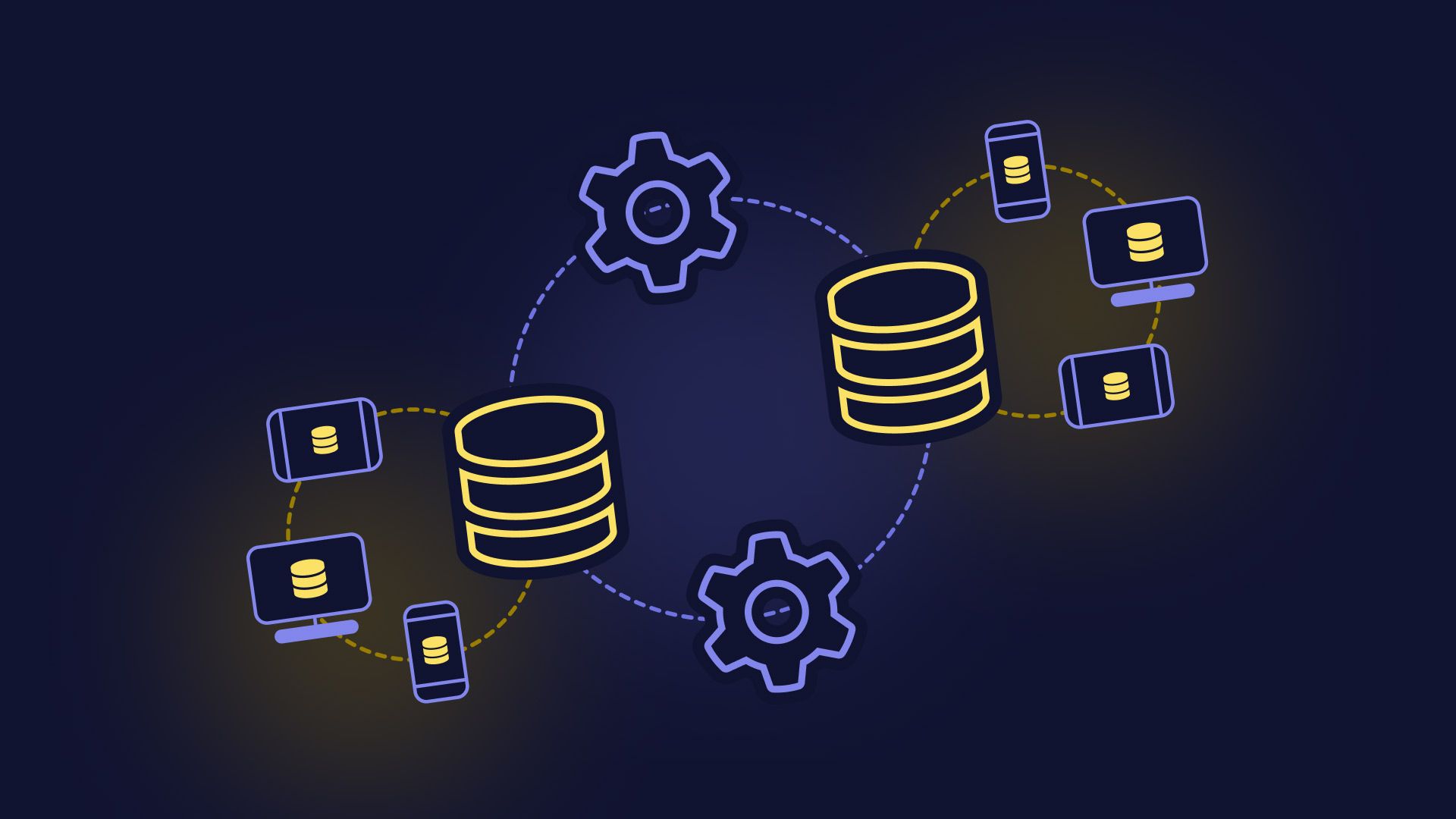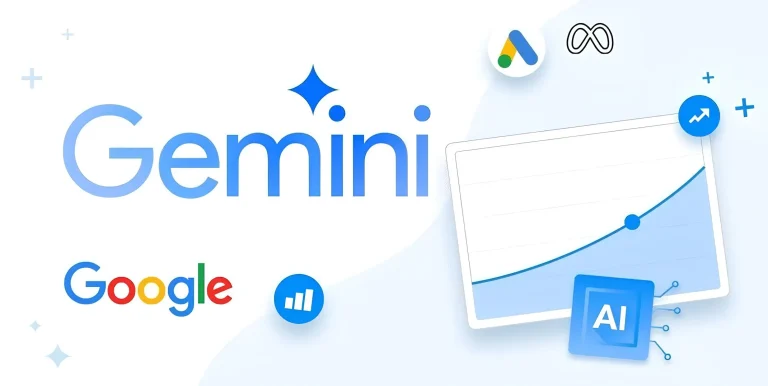In the world of digital marketing, accurately analyzing and reporting data is one of the cornerstones of running successful campaigns. The integration of Google Analytics 4 (GA4) with the Meta advertising platform emerges as a significant innovation that makes this process more efficient. Through this integration, the performance of campaigns on Meta becomes more meaningful, and the costs can be measured using GA4, enhancing the ability to track ROI. This not only benefits advertisers using Meta and Google advertising platforms but also offers a significant advantage for overall digital marketing strategies.
Google Analytics 4 and Meta Advertising Platform Integration
Google Analytics 4 is a next-generation analytics platform developed to better track and analyze user behaviors and interactions. The Meta advertising platform, on the other hand, is a vital tool for advertisers running ad campaigns on social media channels like Facebook and Instagram. While still in beta, the integration of these two powerful platforms seems to offer a comprehensive solution for measuring the effectiveness and return on investment (ROI) of advertising campaigns.
The question arises: can advertising expenses and costs also be tracked in GA4 through this integration? If so, this would streamline budget management and cost optimization by eliminating the need for third-party tools like Looker (Data) Studio in Meta integration. Of course, it would be fantastic, but we won’t stop loving you, Zapier! You’re still there for integrations everywhere!

Can There Be Changes in Reporting Processes?
One of the major advantages of this integration is its significant simplification of reporting processes. Traditionally, tracking and reporting the performance of Meta ad campaigns required using various tools and platforms. Data visualization tools like Looker (Data) Studio were crucial for turning this data into meaningful reports. However, the integration of GA4 with Meta enables performing this process directly within GA4, potentially reducing the need for additional tools like Looker Studio.
The comprehensive reporting and analysis features offered by GA4 present the performance of advertising campaigns in a more detailed and understandable manner. For example, you can see which demographic groups your Meta campaigns are more effective with, which devices yield higher conversions, and which geographical regions are more successful. This data can be used to optimize advertising strategies and reach your target audience more effectively.
Will Events from Meta be Accurately Counted in GA?
For instance, the effectiveness of Meta-sourced traffic might show as 10 in GA4 while appearing less or more in Meta. We’re currently experiencing these differences, but whether this integration will eliminate these discrepancies remains to be seen.
Cost and Revenue Analysis
By tracking your advertising expenses through GA4, you can determine which campaigns provide a higher ROI and optimize your budget allocation accordingly. For example, if you notice that a specific campaign is costly but yields low conversions, you can reallocate the budget to more efficient campaigns.
Additionally, thanks to GA4’s e-commerce tracking capabilities, you can analyze revenue generated through Meta ads in detail. This allows you to measure the direct impact of advertising campaigns on sales and adjust your advertising strategies accordingly. Thus, by evaluating not only advertising costs but also the revenue brought in by ads comprehensively, you can optimize your overall marketing strategy.
The integration of Google Analytics 4 with the Meta advertising platform appears as a significant innovation in the digital marketing world. Even now, you can track your campaigns and sources by adding URL parameters to your ads. You can examine it in detail here.
This integration enables advertisers to analyze the performance of Meta campaigns more meaningfully and comprehensively while facilitating cost and revenue analysis. Simplifying reporting processes and increasing data integrity offer significant advantages for advertisers. We believe this innovation will contribute to a more integrated approach not only to Meta campaigns but also to other platforms, making them more efficient and effective.





